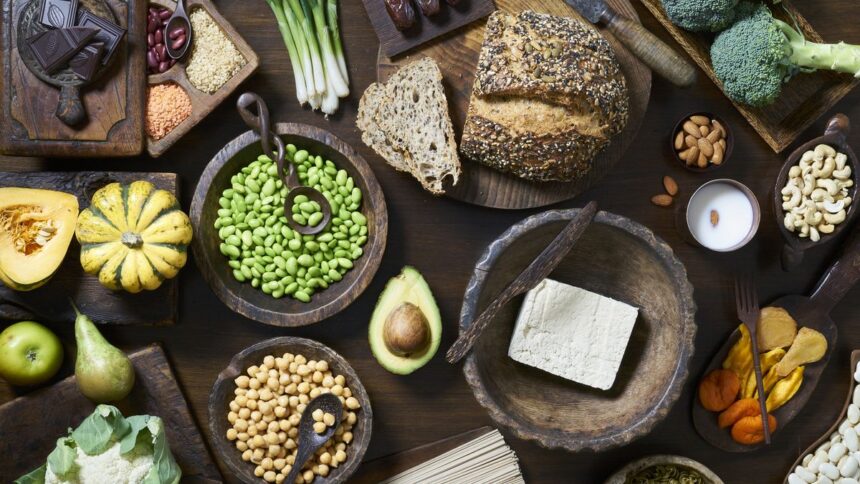A recent study has revealed that the consumption of chickpeas and beans – including red, black, and pinto beans, whether canned or dried – is associated with greater nutrient richness, crucial for public health. Moreover, the research published in the Nutrition Journal concludes that these legumes are linked to better outcomes related to maintaining a healthy weight, including lower body mass index (BMI), body weight, and improved waist circumference.
Researchers analyzed data from the US National Health and Nutrition Examination Survey 2001-2018 to identify legume consumption patterns. The results show that adults who consume beans of any type and/or chickpeas daily have significantly higher diet quality scores compared to those who do not. This means they receive a more complete and healthier nutrient intake.
Consumers of these legumes have a significantly higher intake of several nutrients that tend to be deficient, such as choline, alpha-linolenic acid, folate, iron, magnesium, and vitamin E. Additionally, dietary fiber, potassium, and calcium are significantly higher when legumes are added to the diet.
Finally, the study demonstrated that adults who consume between 1.7 and 2.0 servings of beans and/or chickpeas per day have a significantly lower body mass index (BMI). They also have lower body weight and a smaller waist compared to individuals who do not include them in their diet, as reported by Europa Press.
A low intake of these essential nutrients is associated with common health problems in the population. Low potassium consumption is linked to hypertension, strokes, type 2 diabetes, and poor bone health. On the other hand, low calcium intake also affects the bone health of older adults, cancer, cardiovascular diseases (CVD), weight control, and metabolic syndrome.
“Most people know that beans and chickpeas are good for the heart, but our new study shows that they are actually beneficial for much more. They help improve nutrient intake and provide healthier eating habits,” says lead author Yanni Papanikolaou from Nutritional Strategies Inc.
“Our analysis shows that canned and dried beans and chickpeas help close nutritional gaps and improve diets to be nutrient-rich,” he continues. “Conversely, the data suggests that avoiding beans and/or chickpeas can lead to nutritional deficits, worsening public health in adults.”
These findings are consistent with a body of expert-reviewed studies demonstrating that including legumes – beans, chickpeas, peas, and lentils – as part of a healthy diet provides numerous health benefits. These include cardiovascular, metabolic, and gut protective effects; better weight outcomes and low-grade inflammation; and may contribute to managing the risk of immune-related diseases.











